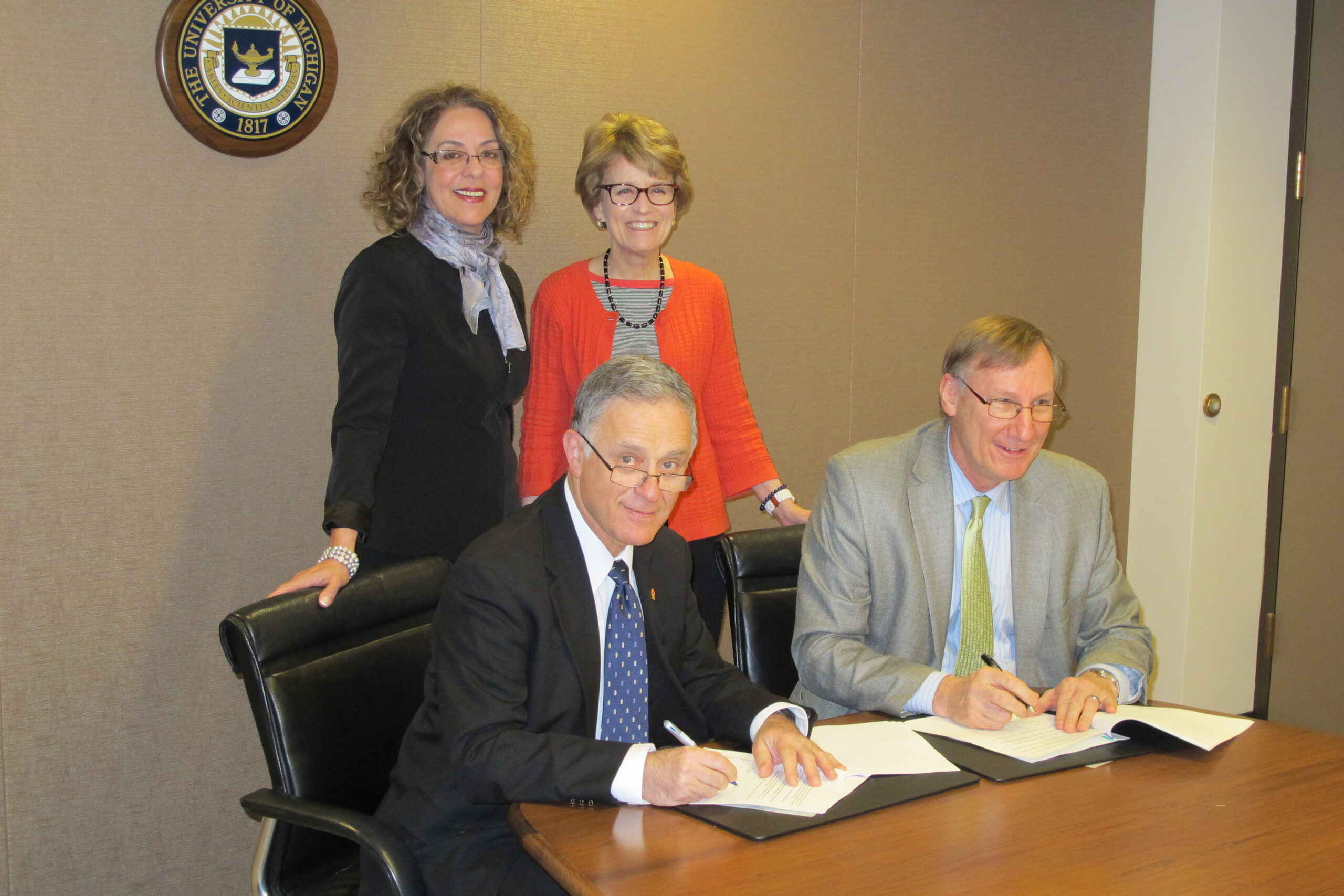A new Israeli-American research partnership will collaborate on developing renewable technologies to solve major challenges in the areas of advanced vehicle fuels, solar energy and thermoelectric materials, which convert heat to electricity.
The University of Michigan and Ben-Gurion University of the Negev recently signed a memorandum of understanding for the three-year program. Each university pledged half of the $1 million budget.

“We live in a global economy,” U-M Vice President for Research Stephen Forrest said. “Universities need to globalize their activities because we need to solve problems that are larger than one country can manage alone. When faculty at universities from across the world come together, they bring different cultures and different objectives, and when you mix them, you get a lot more than just the sum of the parts.”
BGU has been at the forefront of the energy research for more than 30 years, BGU Vice President and Dean for Research and Development Moti Herskowitz said. The university previously has hosted a joint workshop with U-M on renewable energy with an emphasis on solar energy, liquid fuels and thermoelectricity.
“We look forward to collaborating with the U-M researchers on the challenging issues related to renewable energy and trust that the agreed model of collaboration has the potential of generating novel scientific and technological information with potential applications,” Herskowitz said.
The program grew out of Forrest’s visits to Israel during the past five years. One of his objectives was to examine the country’s well-known entrepreneurial culture.
“There are an enormous number of startups that come out of Israel,” Forrest said. “We have a lot to learn from them.”
Forrest said he expects that solar energy researchers from Israel, for example, might approach the problem with more applied perspective than some American researchers, and together these cultures could make breakthroughs.
Fighting for Israel's truth
We cover what makes life in Israel so special — it's people. A non-profit organization, ISRAEL21c's team of journalists are committed to telling stories that humanize Israelis and show their positive impact on our world. You can bring these stories to life by making a donation of $6/month.





